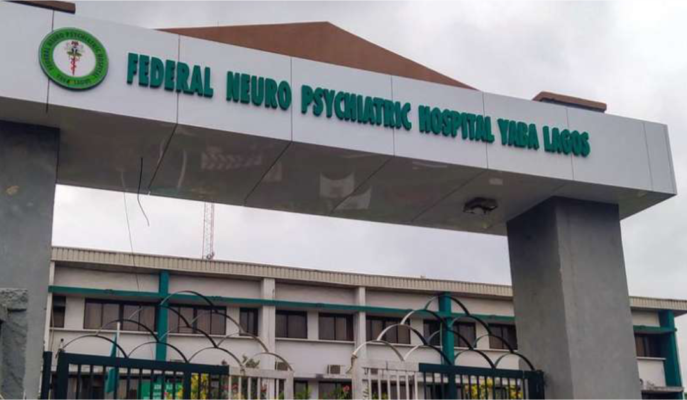
A consultant psychiatrist, Taiwo Obindo, on Wednesday, said some Nigerians might be prone to developing mental health conditions due to the visible hardships in the country.
Mr Obindo, the president of the Association of Psychiatrists in Nigeria (APN), said this in an interview in Lagos.
He said the current economic hardship, coupled with the level of poverty and other social factors in the country, might likely inflict mental illness on more Nigerians.
He listed the social factors, including the high cost of living, kidnapping, financial problems, inflation, child abuse, rape, broken homes and broken marriages, traumatic experiences and degrees of violence, among others.
Mr Obindo explained that people who were predisposed to social factors were more likely to develop mental health issues, particularly during this period when the country was faced with lots of economic challenges.
According to him, Nigerian society is a cultural medium for organisms that put people at risk of mental illness.
Mr Obindo, who identified poverty as a leading cause of mental health illness, said that many Nigerians were battling with poverty, saying that might predispose them to mental health conditions.
“The devastating effects of inflation, poverty, insurgent attacks, insecurity and other social crises across the country had left several people in need of psychiatric evaluation.
“In some cases, the individuals may not even know they are being exposed to mental health conditions, but the truth remains that the social crisis is taking a toll on the mental health and well-being of the citizens. No doubt, the situation has resulted in an increase in the number of mental health cases.
If you look at the degrees of social crisis and hardships and compare it with what goes on in other climes, you will discover that we have a greater predisposition to developing mental illness,” Mr Obindo said.
He lamented that victims of rape or kidnapping suffer high degrees of trauma, which also affect their mental health.
Quoting statistics from the World Health Organisation (WHO), Obindo said that no fewer than 64 million Nigerians had one form of depression or the other, saying that depression and stress were major predisposing factors to mental illness.
He also said statistics from WHO had indicated that one in every four Nigerians might develop mental health issues in their lifetime.
According to him, the development is made worse as there are fewer mental health facilities/workers, such as psychiatrists, psychiatric nurses, psychologists and others, in the country to treat and manage patients.
The psychiatrist lamented that more than half of the number of mental health workers had been attracted to foreign countries.